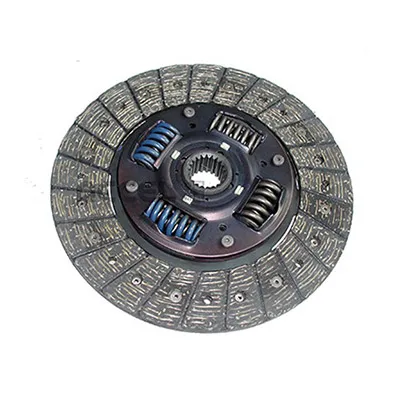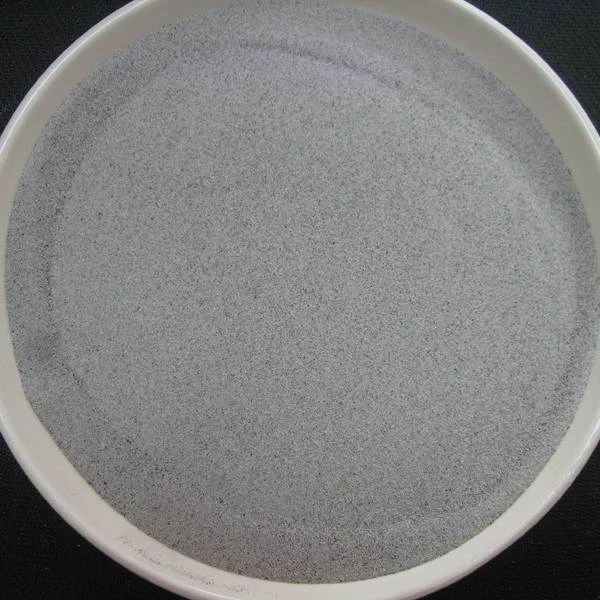Perlite and vermiculite, both widely used in horticulture, share some similarities yet serve distinct functions in gardening and plant care. As sustainable and effective soil amendments, understanding their differences, benefits, and applications can enhance your gardening approach significantly.
In the context of indoor gardening and hydroponics, both amendments provide invaluable benefits. Perlite’s sterile and pH-neutral qualities make it an excellent medium for starting seeds and rooting cuttings, providing a disease-free environment for initial plant growth stages. In hydroponic systems, perlite helps maintain an ideal air-to-water ratio, supporting healthy root systems. Vermiculite’s ability to retain moisture makes it suitable for indoor potted plants that require consistent hydration, reducing the frequency of watering. Additionally, its role in enhancing nutrient retention is particularly beneficial for container gardening, where nutrient leaching can often be a challenge. Environmental considerations also play a significant role in selecting these materials. Both perlite and vermiculite are natural, non-toxic, and eco-friendly, aligning with sustainable gardening practices. They do not break down over time, ensuring long-lasting improvements to soil structure, reducing the need for frequent soil amendments, and subsequently decreasing resource use. In terms of market perspectives, the increasing interest in organic and sustainable gardening continues to drive the demand for perlite and vermiculite. Their roles in improving soil ecology naturally and healthily appeal to environmentally conscious consumers seeking alternatives to chemical-based fertilizers and soil conditioners. Incorporating perlite and vermiculite into your gardening practices not only enhances plant growth but also fosters a commitment to sustainability and ecological harmony. By choosing these natural amendments, gardeners contribute to a healthier environment while achieving abundant plant life, reflecting both expertise in gardening know-how and a dedication to responsible stewardship of the earth.


In the context of indoor gardening and hydroponics, both amendments provide invaluable benefits. Perlite’s sterile and pH-neutral qualities make it an excellent medium for starting seeds and rooting cuttings, providing a disease-free environment for initial plant growth stages. In hydroponic systems, perlite helps maintain an ideal air-to-water ratio, supporting healthy root systems. Vermiculite’s ability to retain moisture makes it suitable for indoor potted plants that require consistent hydration, reducing the frequency of watering. Additionally, its role in enhancing nutrient retention is particularly beneficial for container gardening, where nutrient leaching can often be a challenge. Environmental considerations also play a significant role in selecting these materials. Both perlite and vermiculite are natural, non-toxic, and eco-friendly, aligning with sustainable gardening practices. They do not break down over time, ensuring long-lasting improvements to soil structure, reducing the need for frequent soil amendments, and subsequently decreasing resource use. In terms of market perspectives, the increasing interest in organic and sustainable gardening continues to drive the demand for perlite and vermiculite. Their roles in improving soil ecology naturally and healthily appeal to environmentally conscious consumers seeking alternatives to chemical-based fertilizers and soil conditioners. Incorporating perlite and vermiculite into your gardening practices not only enhances plant growth but also fosters a commitment to sustainability and ecological harmony. By choosing these natural amendments, gardeners contribute to a healthier environment while achieving abundant plant life, reflecting both expertise in gardening know-how and a dedication to responsible stewardship of the earth.
Latest news
-
The Versatile World of Phlogopite Mica: Properties, Forms, and ApplicationsNewsJul.14,2025
-
The Versatile Applications of Calcined Mica: From Decoration to Industrial UseNewsJul.14,2025
-
The Role of Muscovite Mica in Industrial Insulation MaterialsNewsJul.14,2025
-
The Benefits of Using Expanded Clay Pebbles in Hydroponics and Soil GardeningNewsJul.14,2025
-
Innovative Applications of Mica Flake in Paints and CoatingsNewsJul.14,2025
-
Gardening Expanded Clay Usage: A Complete GuideNewsJul.14,2025
-
The Use of Natural Mica Powder in Skincare ProductsNewsJun.11,2025
Related Products








